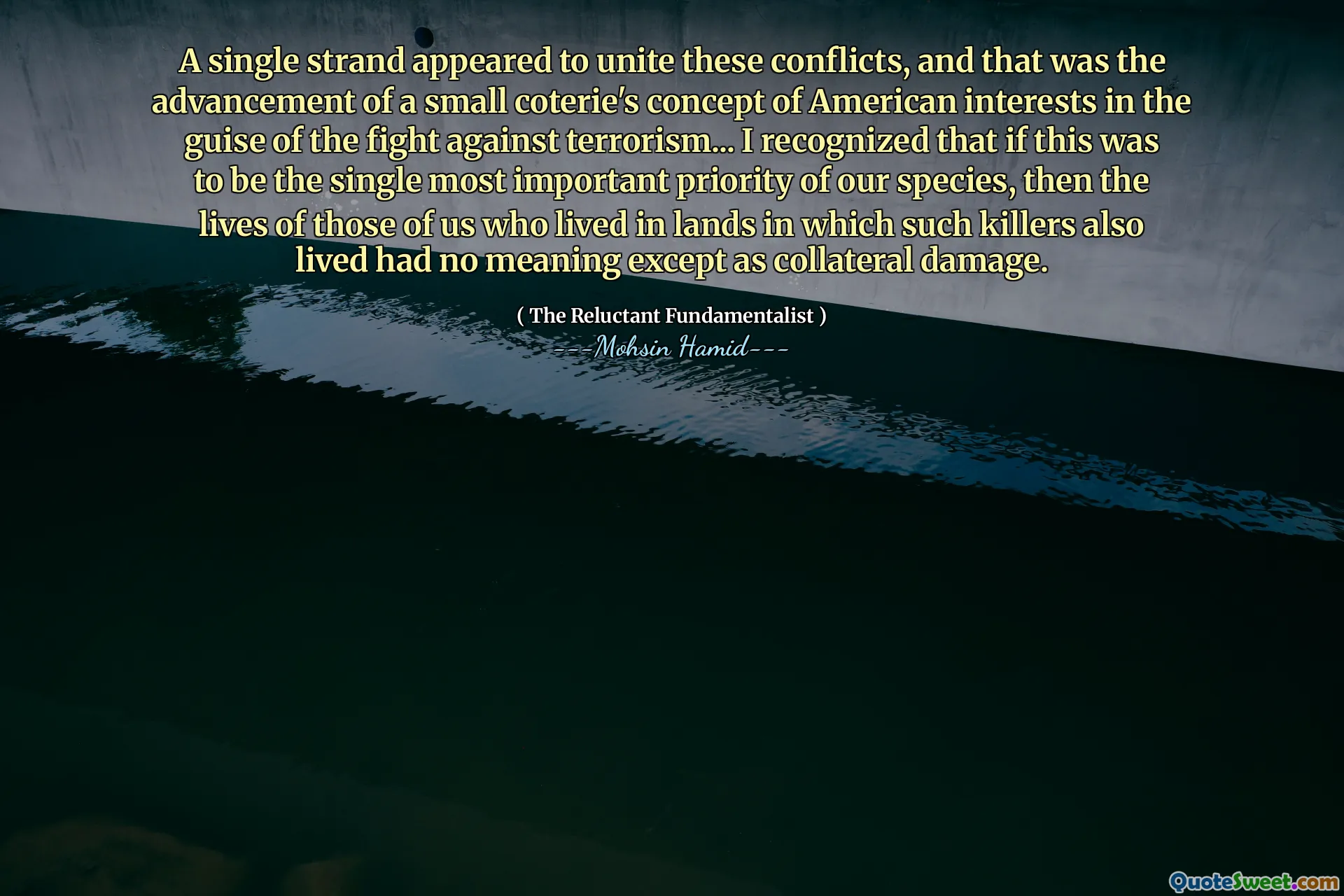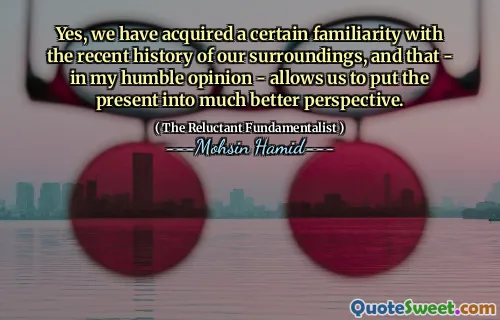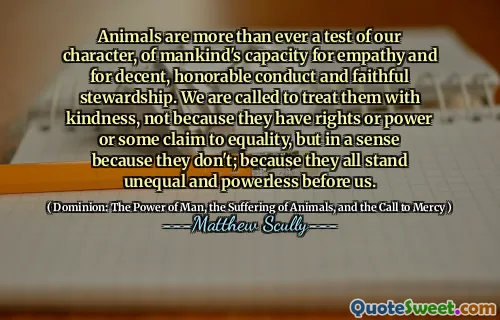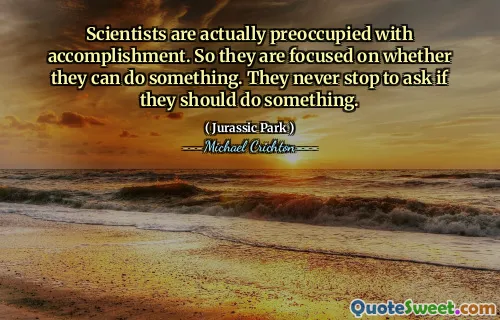
A single strand appeared to unite these conflicts, and that was the advancement of a small coterie's concept of American interests in the guise of the fight against terrorism... I recognized that if this was to be the single most important priority of our species, then the lives of those of us who lived in lands in which such killers also lived had no meaning except as collateral damage.
This quote offers a stark and sobering reflection on how geopolitical conflicts and the motivations behind them are often intertwined with narrow national interests masked as a broader ideological fight against terrorism. The phrase 'a single strand' signifies a unifying element, suggesting that despite the appearance of a complex array of conflicts, they may be driven by a core obsession with certain interests—particularly those pertaining to American geopolitical and economic agendas. The realization that such pursuits can lead to human lives being devalued to collateral damage prompts a profound contemplation on morality and the ethics of modern warfare. It questions the legitimacy of prioritizing strategic objectives over individual human dignity and life, forcing us to think about the collateral costs that come with political and military ambitions. The quote implicitly sheds light on the human toll—innocent lives are often sacrificed in the name of larger goals, making us confront uncomfortable truths about our collective priorities and the cost of security. It strikes at the heart of how nations and societies define what is worth fighting for, and at what expense. The reflection pushes us to reconsider whether our pursuit of certain interests justifies the loss and suffering inflicted upon innocent civilians—highlighting the urgent need for more humane and morally grounded approaches in conflict resolution and international policy.



